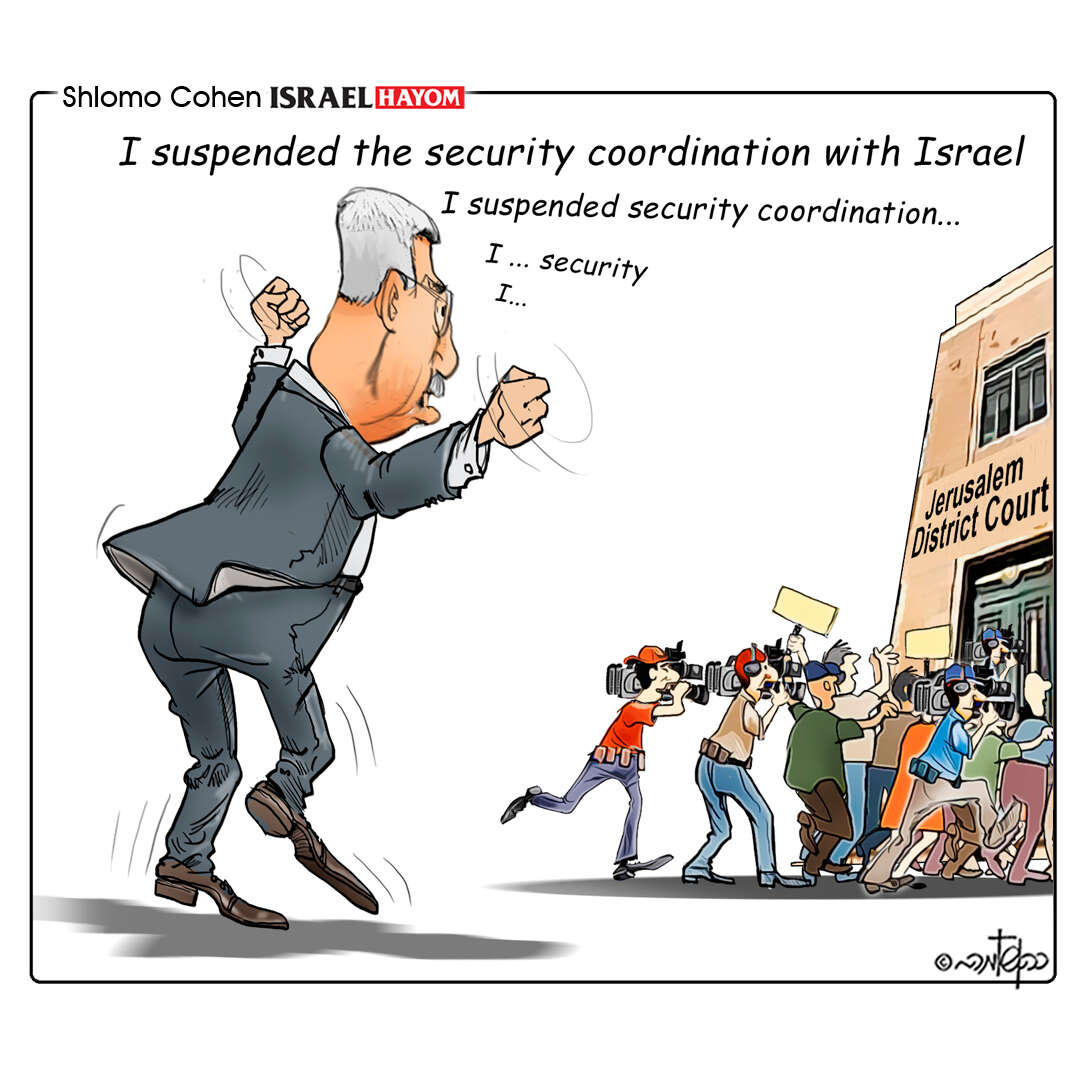If You Want to Criticize Israel, First Support Its Right to Exist
Members of these anti-Israel groups do not want to have a conversation, because they realize they do not have facts to support their arguments.
For example, they ignore that the Jewish people are indigenous to Israel by overlooking the reality that there has been a continual Jewish presence in Israel for the past 3,000 years. They also ignore that the name “Palestine” was actually given to the territory by Roman conquerors who overtook the land in 70 CE.
Anti-Israel campus groups attempt to economically strangle Israel through BDS campaigns by stating that Israel is a racist nation. Evidence, however, shows that half of Israel’s Jews are not white, and that one out of every five Israelis is not a Jew. This minority group consists mostly of Israeli Arabs, who are provided with the same rights as Jews and serve in its government at all levels.
Further adding to this list of factually incorrect arguments, anti-Zionists claim that Israel, a country the size of New Jersey, is standing in the way of peace in the Middle East. This misconception completely disregards the five times Israel has officially offered land in exchange for peace, which were all summarily rejected.
These facts are not presented as proof that Israel is a perfect nation. Like any country in the world, Israel faces its own difficulties and deserves to be criticized for its faults.
However, instead of being evaluated equally, Israel is constantly singled out by those who seek to harm its existence. As a result of this injustice, antisemitism continues to rise as Jews face increased attacks against both them and the Jewish state.
For those who seek to criticize Israel, all that I ask is for you to hold it to the same standard you choose to apply to all countries. I ask that you support its right to exist to allow it to make improvements, instead of advocating for the destruction that erases its ability to do so.
The myth of the Good Dutchman
Sometimes a remark of a person in a minor publication sheds major light on an important national characteristic. Twenty years ago, Dutch-Israeli author, Miriam Dubi Gazan, interviewed the Dutch Ambassador in Israel, Como van Hellenberg-Hubar for the Dutch-Jewish "Joods Journaal". The article focused on the behavior of the Dutch during the Second World War.‘Call of Duty’: Modern warfare’s Middle Eastern politics of ignorance
By the time that article was published, historians had already proven that in the occupied Netherlands those who resisted or opposed the Germans had been a small minority of the population. Most people were indifferent. Many had collaborated in one way or another. Those included high ranking government officials, the police, municipalities, the majority of the supreme court, railroad leaders, and a multitude of others.
Nevertheless, the myth of the ‘good Dutchman’ during the war spread internationally. The diary of Anne Frank played an important role in this misrepresentation. She had been hidden with her family and others by good Dutch people in Amsterdam. Much less emphasis was given to their betrayal, probably by another Dutchman which led to her death.
Van Hellenberg-Hubar stated in the interview: "I am of the opinion that the myth of the 'good Dutchman' can have a positive effect. A myth can serve as an ideal picture. A picture which one has to meet. The positive norm, which the myth contains, is part of the norms and values in the Netherlands. If one effects the myth, the danger that the norm in this case, tolerance, also is effected. Tolerance is in essence not self-understood but a consequence of a conscious choice to give space to another. On that one has to work. Starting to deconstruct the myth can in this context be problematic."
What he said can be summarized as: “I am in favor of lying to embellish the Dutch past. We should lie or at least remain silent about its ugly sides.” Once one applies this view as a prism on Dutch society many of the attitudes of the country’s leaders during the past decades become much clearer.
WHEN IT COMES to the countries in the Middle East, however, “It becomes much more politically fraught, politically complex.... When you talk about spending a whole bunch of time in this Middle Eastern country, where we’re going to be tracking down the terrorist leader and working alongside freedom fighters in that country, we just didn’t want to get wrapped up in the politics of any specific real world country.
“That’s because, number one, we don’t know enough about the politics of any given country to be able to do it respectfully. And number two, it would tie our hands as developers where we have these ideas of emotionally impactful narrative moments, exciting game-play moments, and we want to be able to bring those to the screen without having to worry about, ‘Well, that’s not accurate to this conflict. That thing didn’t really happen.’” This answer amounts to nothing more than complete nonsense. Infinity Ward brought in consultants from the US military and others to get every aspect of the weaponry in the game just right, but they couldn’t bring in a single political scientist, historian or sociologist familiar with the Middle East? The company has other games set in real political contexts with fictional details, such as when Russia invades America in a prior Call of Duty game. That didn’t really happen in real life now, did it? Using Jacob Minkoff’s logic, why didn’t Infinity War ever have a fictional stand-in for America? Just like they fused elements of Afghanistan in the 1980s, Chechnya in the 1990s and Syria today to create “Uzrikstan,” the fictional America in earlier Call of Duty games could have looked like America, but with a population that speaks German and dresses like they do in France – “Gerfransica” perhaps.
But that sounds ridiculous, right? Does it sound more ridiculous than “Uzrikstan,” the mountainous Arab “Middle Eastern” state on the northeastern Black Sea coast that grows poppies and has no religion? It gets worse, unfortunately. The game developers told The Guardian newspaper last year that one of the protagonists for their single player campaign, “Farah Karim,” was inspired by the female Kurdish fighters in Syria today. Yet in the game, she’s suddenly Arab (because everyone in the Middle East is Arab and lives in a desert, apparently).
The Kurds in Syria have been badly oppressed by Arab nationalist regimes since the 1950s, and today most are proud that in contrast to Arab political groups across the region, women in many of their movements take on real leadership roles.
For Infinity Ward to take this example and flip it on its head seems plain wrong.























.jpg)




